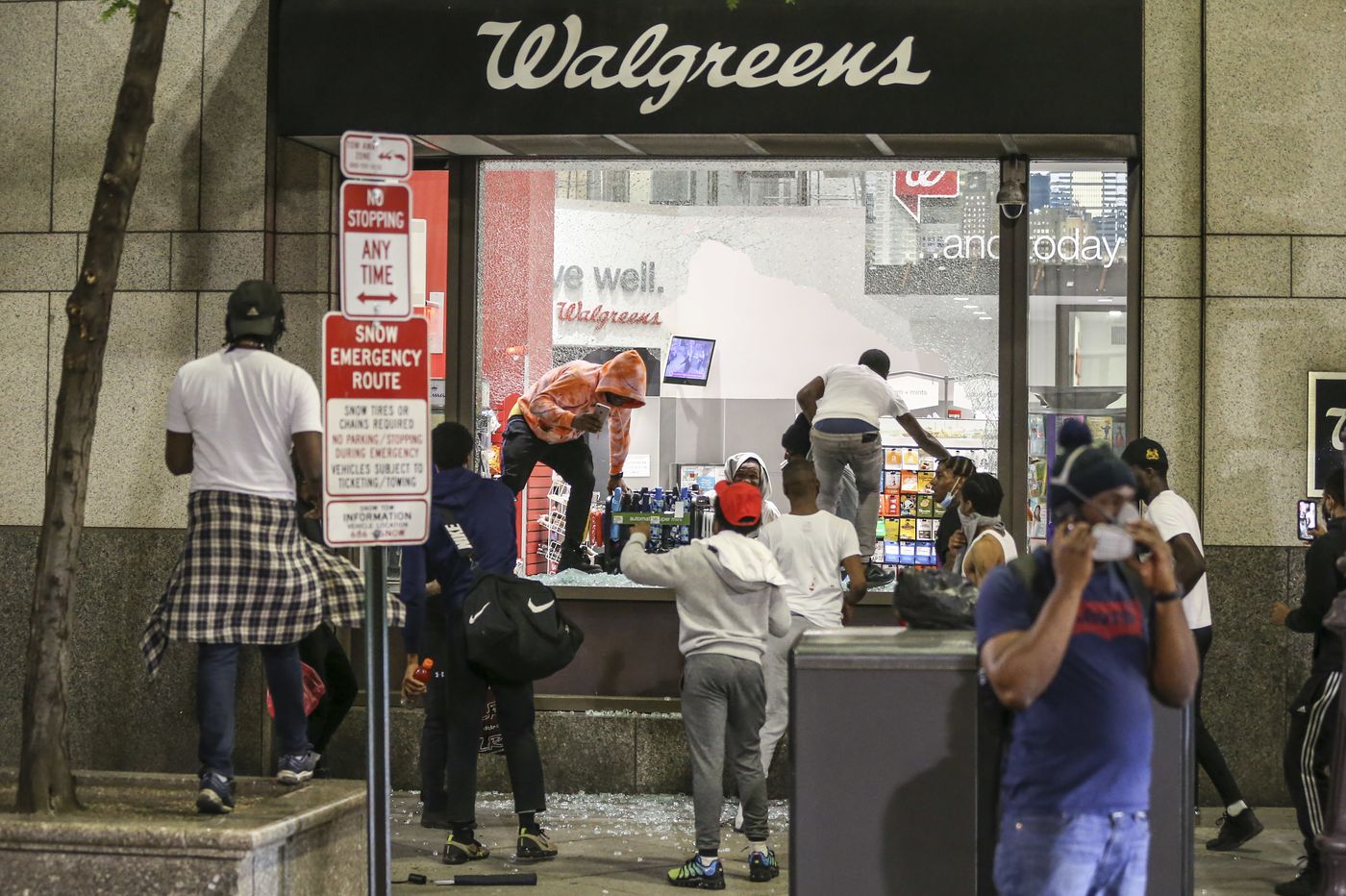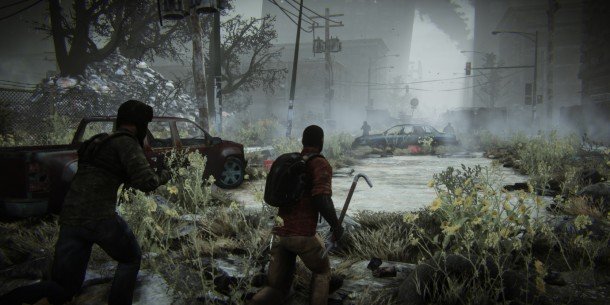We typically concentrate as preppers on practical measures that will give us a better chance of overcoming whatever crisis comes along the way. We are talking about what kind of food to store, and how much of it, where our water will come from, and the best weapons to have at your disposal. Those are all crucial points and it will be much harder after SHTF if we don’t get them right. But is there anything else that we are all missing, maybe just as important?
Being prepared is about being able to survive in a world drastically different from the one in which we now live. Many of us are pretty well-prepared to cope with physical differences – not being able to go to the grocery store or the strength of the mains going out – but what about the differences in morality?
If the SHTF, the universal values we use in daily life will be pushed to the max, and even beyond them. Our principles of right and wrong have evolved in a stable, structured society where most important items are readily accessible. How well can they deal with the turmoil of societal collapse? Perhaps not very well – and that means we all have to think about our own moral principles, what constraints they place on our behavior and how we may have to adjust them as the situation changes.
The moral code of most people says “don’t steal” It says “help people who’re in trouble”. Unless you’re a psychopath, it says, “Shoot no one except in self-defense.” This also covers marital values, relationships and what’s appropriate in those fields. You might talk about a list of other laws that you live by. Have you ever wondered how those laws would work in a crisis situation?
Related: The 3 Essential Self-Defense Moves You Must be Aware of
Of course, some of them are still going to work just fine. Do not rape, do not kill for the fun of it, do not harass the vulnerable and the poor. In any situation, all of these things are simply wrong. But other things are falling into more of a gray area. You will need to be much more likely to use aggression than you would usually be comfortable with. The property rights of other people always take a lower priority compared to what you and your loved ones need to live. Helping others has to be balanced against the impact it will have on you – you can’t just go down to Walmart to replace the food you gave them if you give a starving child a meal.
Madly Murderous
Modern society has strict tabulations against needless killing, and that’s essentially what killing is — killing others without legal approval. Within their ROEs, soldiers on operations are legally sanctioned for killing; a homeowner facing an intruder is legally sanctioned to kill under self-defense law. So if you kill someone because they’ve taken the parking spot you wanted at Safeway, or you’ve seen them steal an ear of corn from your field, there’s no legal excuse for that because it’s murder.


Yet what happens if law and order break down? There will be no legislative penalty in a serious situation, so who enforces the law and makes that sort of decision? You have to look beyond your own values in that case, and understand what knock-on consequences there would be.
It’s always unfair to kill anyone for taking a parking space, just because it’s the end of the world doesn’t mean you can’t walk 10 feet further. It’s probably also unfair to kill someone for taking a single corn ear-if they take a single ear. So what if they harvest the crop systematically?
In normal times, a lot of preppers grow their own food and often, crops are stolen like something precious. Normally, you wouldn’t be justified in killing anyone for stealing your crop unless they threatened you with a knife. They commit a crime but you can replace the missing food from the grocery store. This is different in a crisis. Let them take that food and, come winter, you and your family could be starving to death. Is your personal morality going to let you shoot to keep the food? This is something that you need to look at.
Should you make a moral decision based on who’s taking your meal? Most of us may feel justified opening fire on a group of armed looters, but might be more hesitant to pull the trigger on a hungry woman with children in tow. Are you willing to face a little personal hardship in order to keep another alive?
Fair Shares? Forget it!
All of us are doing whatever we can to help the less fortunate. Whether it’s giving a homeless person some spare change, or volunteering for a local shelter, we usually do what we can for others. That’s good because just a handful of people need support, and without much effort the rest will take them free. When only a few are prepared for a crisis, it’s totally different and almost everyone else is looking for a share of their supplies.
You can’t help all your unprepared neighbors, with the best will in the world. You just don’t have enough food, fuel, and medication to keep them going for more than a few days and you’ll wipe out your own supplies in the process.
We have recently looked at the choices on what to do if someone needs food during a crisis. There are social aspects of the decision, too. You may find that leaving others hungry when you have food morally immoral-but is that a realistic approach? Simple – no it isn’t. You will have to adapt your morale to the situation to survive.
Finders, Keepers?
I do whatever I can reasonably do to return it to its owner if I find lost property. It’s theirs, not mine and I’m not entitled to keep it. I never steal, either; the right to property is the foundation of any decent society. But I’ll have to determine my positions on that when the SHTF.
In a crisis there’s going to be a lot of lost stuff lying around. When refugees begin to leave urban areas, expect that their path will be littered with things they’ve been fed up carrying. A lot of these things will be useful to you, and collecting them and returning them to their rightful owners is obviously unpractical. Leaving them lying around doesn’t make sense either, so I’d say it’s morally appropriate to scavenge them and take something that increases your own chances.
In comparison, stealing is always wrong. That’s great if someone else has something you want; it’s theirs, not yours. Whether you think you’re justified in forcefully taking it by force, you’re not a prepper; you’re just a bandit.
I’ve looked at three of the biggest moral problems we’ll potentially face in a major crisis, but there’s a lot more. Most of us have personal views that disapprove of sex outside of marriage, for example. What if there is a permanent breakdown, and no one is left to register marriages? Will you let mankind die out, because there’s no handy pastor? You may think that alcohol is unethical – but are you going to have the same opinion when you need a broken arm fixed and a bottle of rum is the only available pain reliever left?
The end of the planet as we know it would pose us with a lot of challenges. They will have to take work to survive. Don’t put yourself in a position where the job gets harder and you and your loved ones are put in needless danger due to moral values that don’t suit the situation. You need to look at where you can redefine the boundaries to survive the crisis and at the end of it still be a decent human.




















